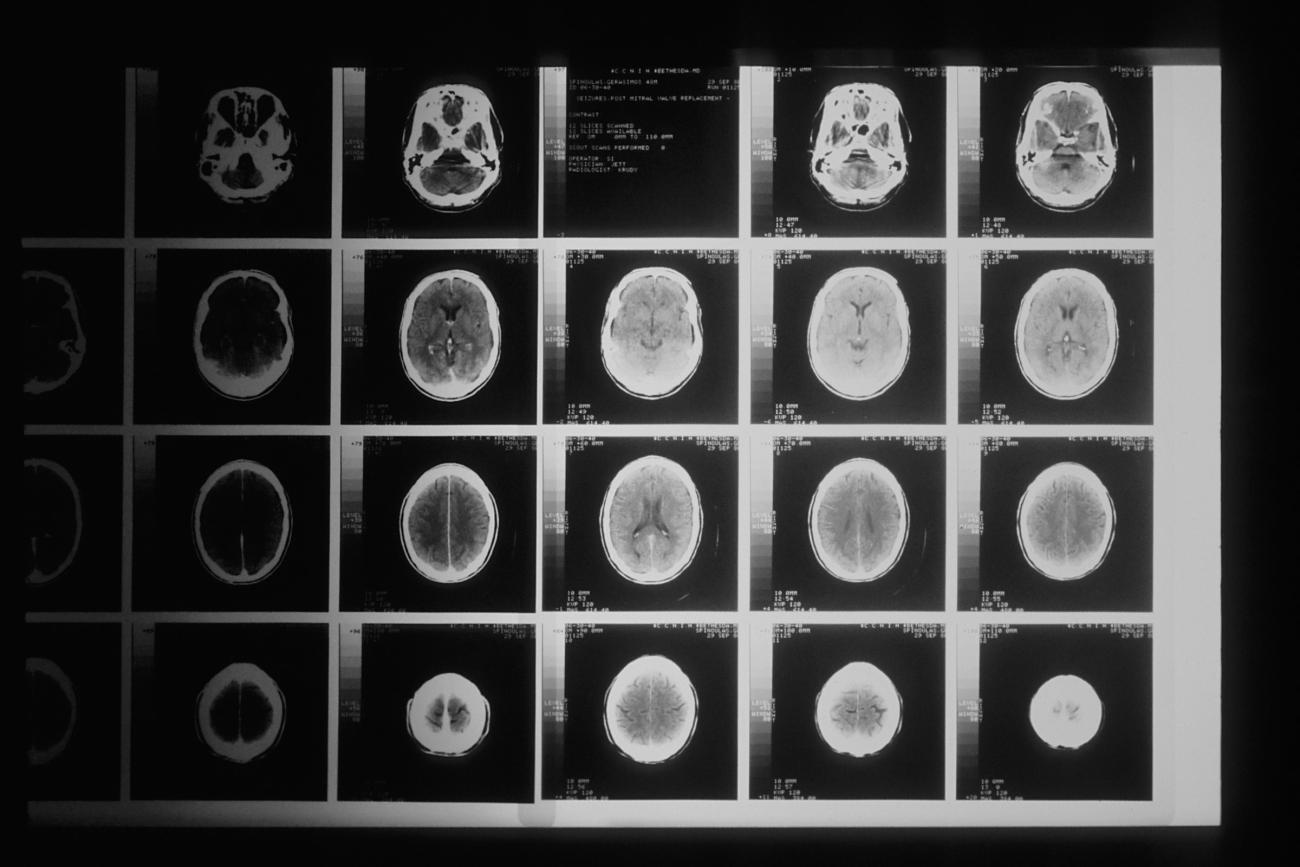
Neuroscience and Society
Transforming neuroscience
The Robert Lab spearheads several initiatives regarding fundamental and translational neuroscience under the "neuroscience and society" umbrella. These include ongoing research projects on comparative study of the evolution and development of brains and behaviors, and emerging technologies for brain repair. We are also interested in continuing prior work on psychiatric diagnosis and classification, and the relationship between psychiatry and neuroscience.
Our research has been supported by the National Science Foundation, the James S. McDonnell Foundation, and the Center for Biology and Society and the Institute for Humanities Research at Arizona State University.
Studying brains
Much of what we claim to know about the human brain is based on studies of the brains of a limited number of non-human animal species. These studies include a significant proportion of work on so-called model organisms, sanctioned by the National Institutes of Health for biomedical research. We are interested in exploring the limitations of model organisms in understanding the human brain.
Why do we study brain function as we do? Why a small number of animal models, and why these particular ones? What factors determine or hamper the generalizability of results from particular models? What can´t we learn as a result? Against this background, we are querying the role of more comparative studies (especially with our closest living relatives) in understanding human brains. What are the benefits and limitations of fundamentally comparative approaches in neurobiology? How should we think more productively about research strategies in neurobiology in order more fully to understand the specialization of the human brain? Is there any ethical imperative for more comparative research in neuroscience?
Brain repair
We are also interested in fundamental neuroscience as an enabler of appropriate clinical translation, and in converging technologies for brain repair, with a primary focus on stem cell research, genetics and genomics, and the development of implantable neural prosthetics, with a particular focus on spinal cord injury, Parkinson Disease, Alzheimer Disease, epilepsy, schizophrenia, and autism.
How should new technologies for brain repair be developed, tested, and integrated into clinical practice? How does fundamental research with animal models help or hinder clinical translation? (And what is clinical translation in the first place?) Does brain repair differ in any morally relevant ways from other biomedical research? What governance strategies are most appropriate for the development, clinical evaluation, and, where appropriate, clinical integration of emerging technologies for brain repair?